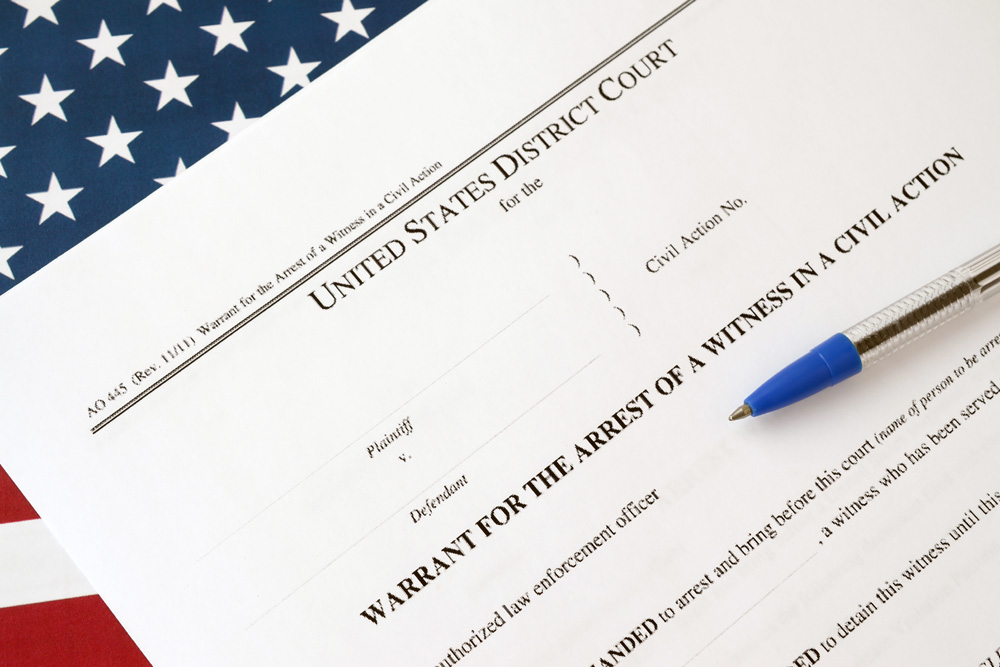
The United States Constitution and the State of Minnesota require that law enforcement obtain warrants to search non-public property. Generally, government searches without warrants are presumed to be unreasonable. Therefore, it would make sense to think that more of the time when law enforcement searches a private location and seizes the property, they have already obtained a warrant. However, that is not always the case. When law enforcement does conduct a search without a warrant are they breaking the law? The answer: it depends on the circumstances of the search.
There are situations in which a warrant is not necessary before conducting a search in Minnesota. However, law enforcement is not required to inform individuals on their rights concerning search and seizures, and they may conduct illegal search and seizures. This is why it’s important for people to contact an experienced criminal defense attorney as soon as possible if they are unsure the search conducted was truly legal.
Table of Contents
When law enforcement conducts an illegal search, the defense moves to suppress the evidence in court. Evidence that was discovered during an illegal search is not admissible in court. Defense attorneys will thoroughly investigate the circumstances of a search without a warrant and ensure that they meet the requirements for an exception. The exceptions that apply to searches without a warrant include:
Law enforcement is allowed to seize and search property if it is identifiable as contraband and it’s in “plain view”, which means that the officers could see the contraband from an area they were legally entitled to be in.
When entering a space, law enforcement may always ask permission to search private property. If a person consents to the search, the officer isn’t obligated to obtain a warrant.
If law enforcement takes custody of a motor vehicle, they are typically allowed to search it without a warrant to inventory the property contained inside.
When an officer arrests a suspect, they’re allowed to search the area immediately surrounding the suspect to ensure there are no weapons nearby that are accessible to the suspect and that the suspect doesn’t destroy evidence.
Fast-moving events that pose a danger to the community may constitute an emergency which allows law enforcement to search private property without a warrant.
Vehicle searches have their own set of rules which often don’t require a warrant be obtained in advance of the search.
Law enforcement may enter a property without a warrant if they’re entering to ensure nobody is in need of assistance.
The inevitable discovery does not justify a warrantless search, but it permits illegally obtained evidence to be admitted at trial if the judge concludes the evidence would have inevitably been discovered by law enforcement notwithstanding the illegality of not having a warrant.
The absence of a warrant does not automatically invalidate a search of private property. Prosecutors will try their best to argue that the search was valid because it falls into one of the warrant exceptions. This is why it’s critical for defendants to hire an experienced criminal defense lawyer who will challenge the prosecution and the circumstances surrounding a search and seizure.
At Knuston + Casey we combine the power of a large scale firm and the compassion you need to fight for the best possible outcome. Our firm has the experience and the resources to help find the best defense strategy for the charges you’re facing. We have fought for thousands of clients in Southern Minnesota, and we want to fight for you, too. Contact our firm today by calling (507) 344-8888 or filling out our contact form.